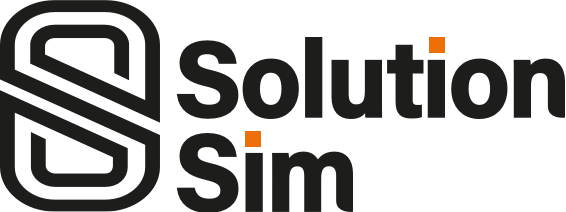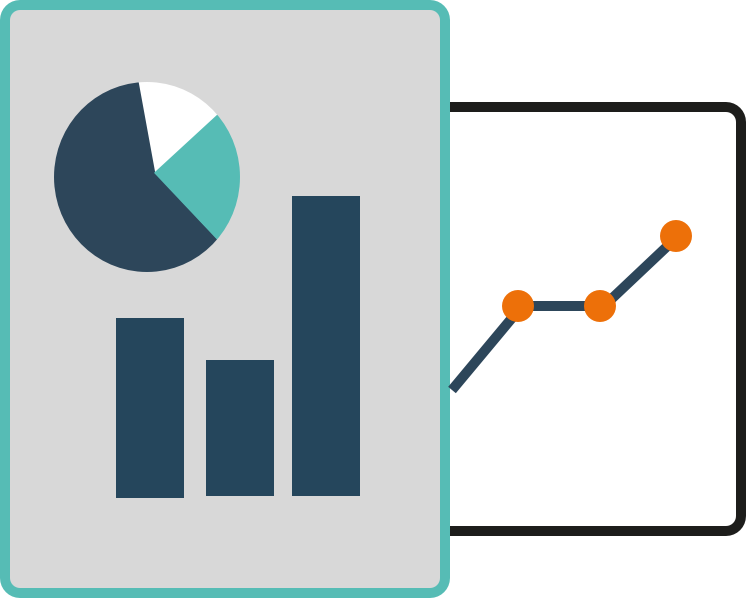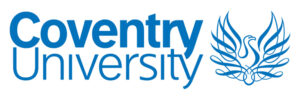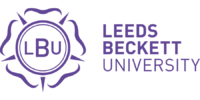
- Log in:
- Solution Sim
- Finance Sim

Support your Business and Management teaching with our ESG Strategy simulation.
SolutionSim enables students to apply Business and Management concepts in a Sustainability context.
Working for a professional services consultancy, their challenge is to develop ESG solutions for clients in the agri-food and technology sectors.
The team works through four phases – Opportunity, Mobilisation, Solution Building and Business Development – using a range of sustainability tools and management techniques.
Students take the roles of ESG Analyst, Client Manager, Communications Strategist and Solutions Lead in this simulated working environment.
See how we’ve mapped the content to the curriculum and SDGs and find out how we can help you
plan and deliver a session.
Business and Management applications
Corporate Sustainability and ESG
Understand a company’s environmental, social and governance responsibilities. Meet the challenge of compliance with international standards and regulations, e.g. ISO 14001, 14044 and 14064, CSRD, EMAS and GRI 13.
Strategy and Organisational Change
Formulate and implement ESG strategies that involve and benefit all stakeholders: customers, investors, suppliers and employees.
Corporate Social Responsibility and Business Ethics
Put socially responsible business practices and ethical decision-making at the centre of corporate ESG strategies.
Communication and Reputation
Devise a communications strategy to support a new ESG solution. Critically evaluate a company’s reputation and develop a PR strategy that protects and enhances its brand.
Supply Chains and the Circular Economy
Develop strategies to improve supply chain sustainability through lower Scope 3 emissions and enhanced traceability and transparency. Use Life Cycle Assessments to increase resource-use efficiency and reduce waste.
Tasks & Challenges
01 Sustainability tools
Work with Scope 1-3 emissions calculators, Life Cycle Assessments and Double Materiality Assessments.
02 Management techniques
Use SWOTs, RACI charts, budgets and forecasts to quantify and assess a client’s ESG challenges.
03 Client and stakeholder communication
Create an ESG solution presentation and communications strategy. Deliver a video pitch to a prospective client.
04 Resource allocation
Deploy different workstreams – People, Data, Technology and Operations – to support effective project management, deliver cost savings and add value.
05 Business development
Seek out and convert new client opportunities using acquired ESG knowledge.

- Commercial awareness: understanding the context in which organisations operate, such as the internal and external challenges they face.
- Organisation: the ability to be systematic and efficient; planning your time and your workload effectively; meeting deadlines.
- Professionalism: a commitment to delivering work outcomes on time and to the required standard.
- Communication: adapting the way that you communicate with others; constructing working relationships with colleagues and clients.
- Leadership: taking control of a situation by inspiring and energising others to carry out tasks and achieve goals; displaying a clear sense of direction and values.
- Negotiation: being able to bring about agreement on a course of action through discussion, to achieve mutually beneficial results.
- Teamwork: working collaboratively with others to achieve a goal; sharing responsibility and contributing ideas.
- Innovation: identifying new opportunities, generating solutions, making improvements; thinking creatively in order to produce an effective outcome.
- Initiative: the ability to spot opportunities to make a difference with the courage to take action without being prompted by others.
- Problem-solving: drawing on several other skill areas – including analysis, flexibility and research – to deconstruct a problem, think laterally and develop informed solutions.
- Decision-making: reviewing a problem or situation; understanding potential alternatives and their implications; making a choice and accepting the consequences.
- Adaptability: the ability to change plans, priorities and ideas to suit changing circumstances; understanding the balance between task urgency and importance.
- Resilience: being able to ‘bounce back’ after a setback or disappointment; to keep on trying at a problem until you reach a suitable outcome.
- Systems: recognise and understand relationships; analyse complex systems; deal with uncertainty.
- Future: understand and evaluate multiple outcomes; assess the consequences of actions; deal with risks and changes.
- Critical: reflect on one’s own values, perceptions and actions; take a position in the sustainable development discourse.
- Strategic: develop and implement innovative actions that further sustainable development.
- Collaborative: learn from others, including peers; facilitate collaborative and participatory problem-solving.
- Problem-solving: apply different problem-solving frameworks to complex sustainable development problems; develop viable, inclusive and equitable solutions.
Our clients
FAQs
We offer individual student licences and Department/Faculty/School site licences to suit your budget and requirements. Please contact us for a quote.
The site licence allows unlimited use by enrolled students. Remote access by students is included too. For full details, see our Terms of Use at the bottom of this page.
A detailed run-through of the simulation's features and applications, and an in-depth tour of the lecturer's admin area. We recommend allowing 30-45 minutes for an online demo. We also offer in-person demos for groups of colleagues and/or students.
The simulation is designed to work on all screen sizes and has been tested on PCs, laptops, notebooks, tablets and smart phones. It is also Windows and MAC compatible.


















